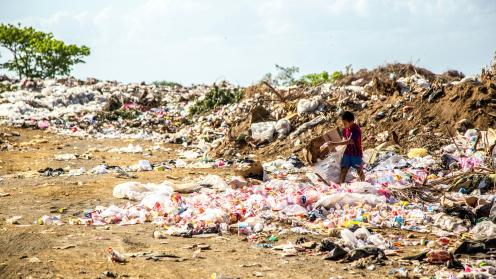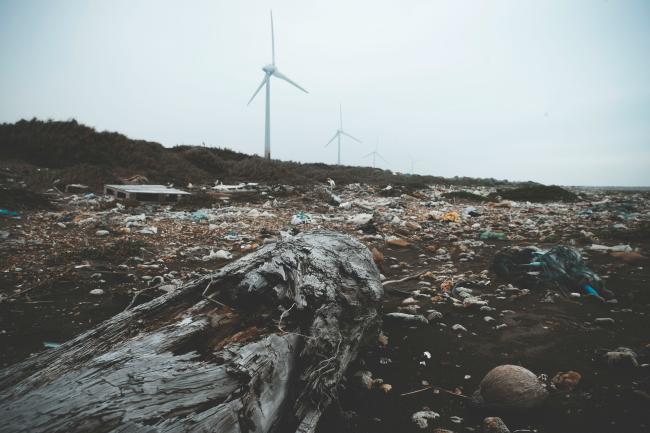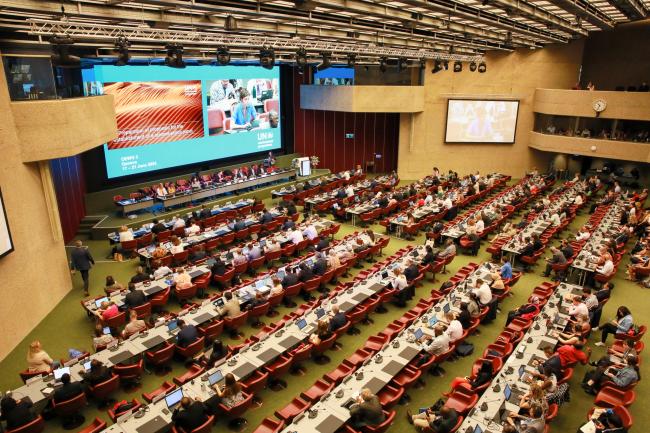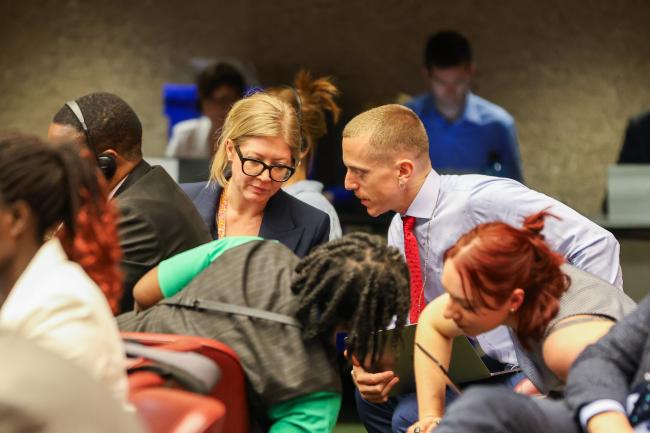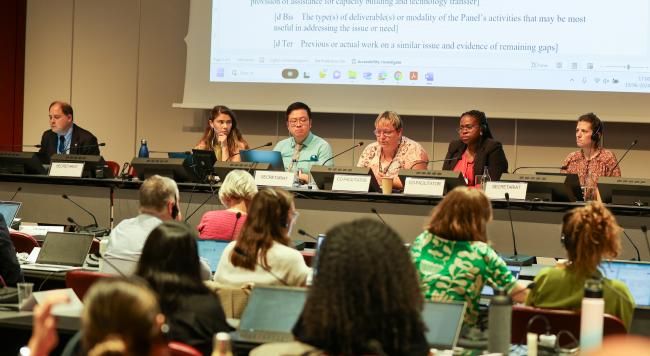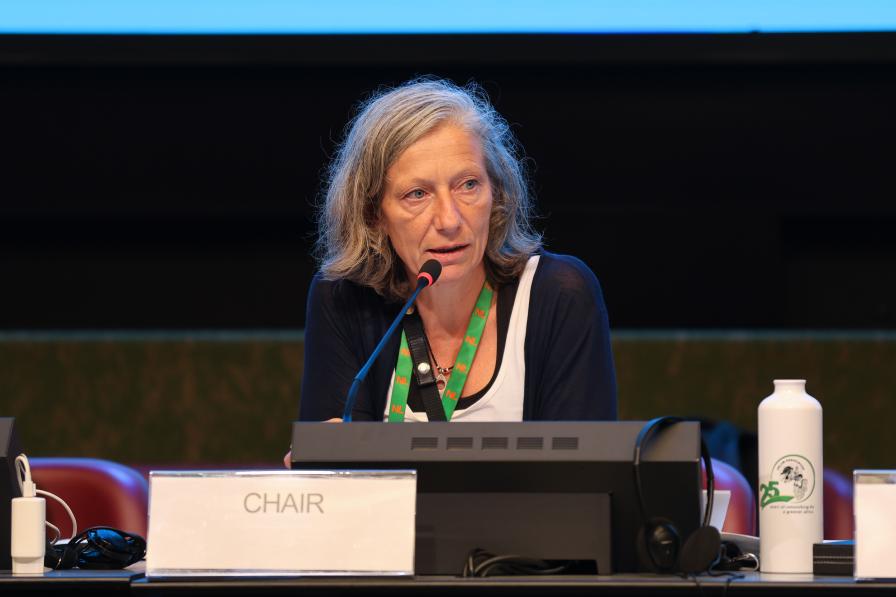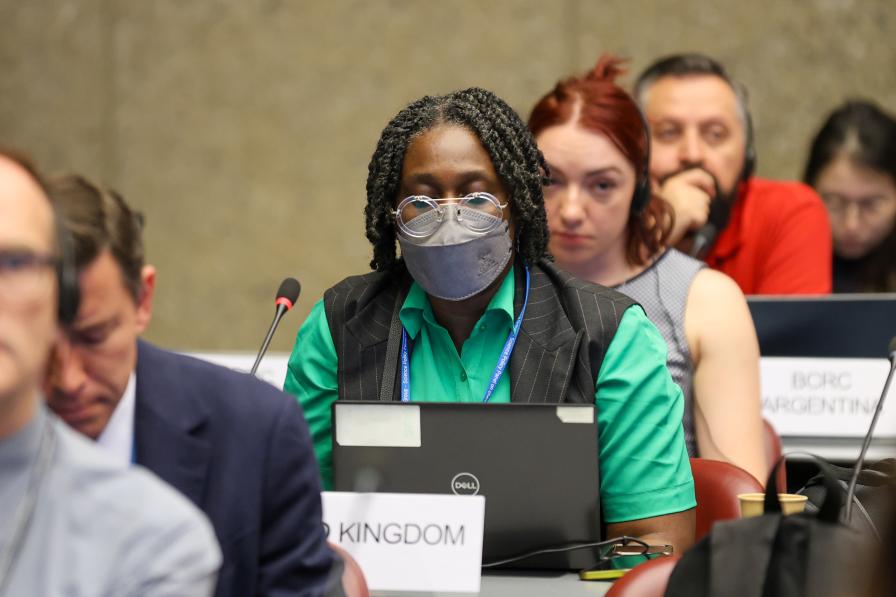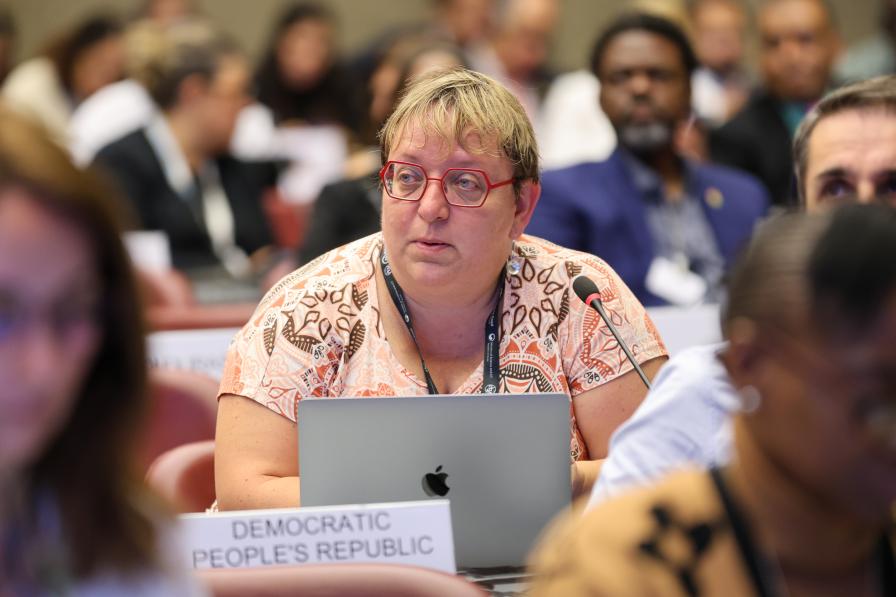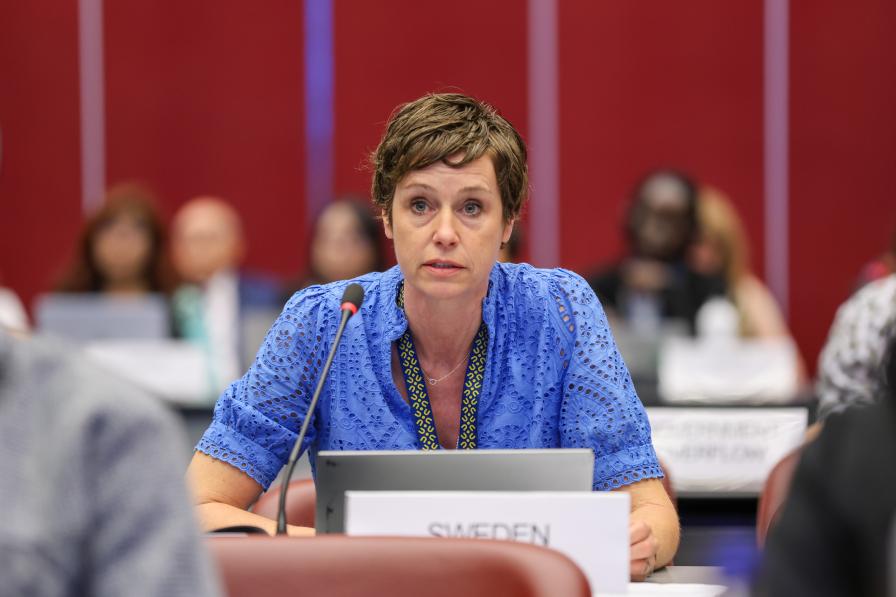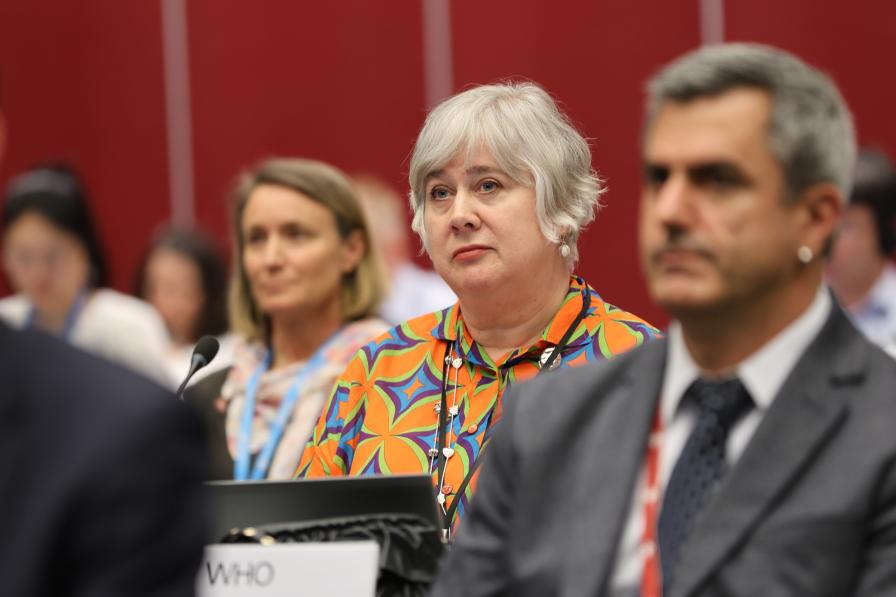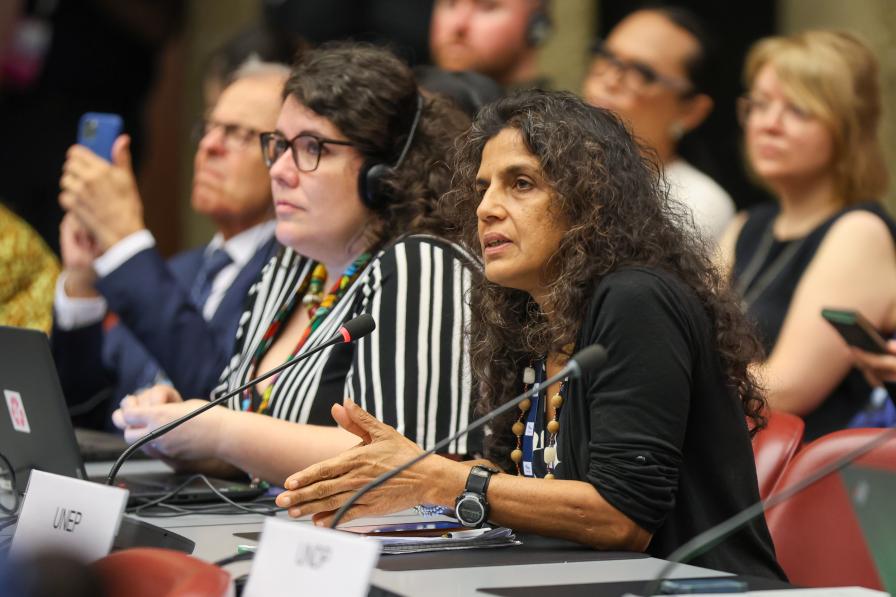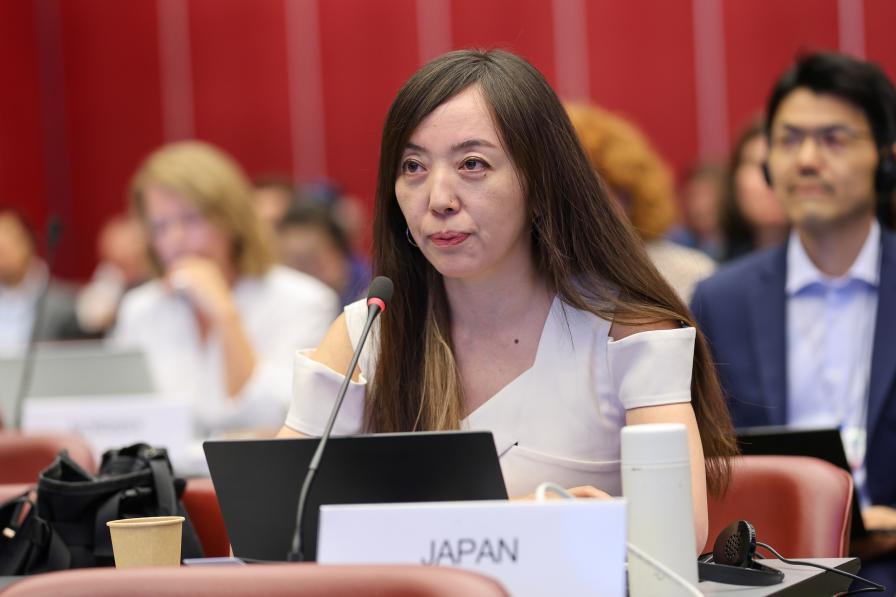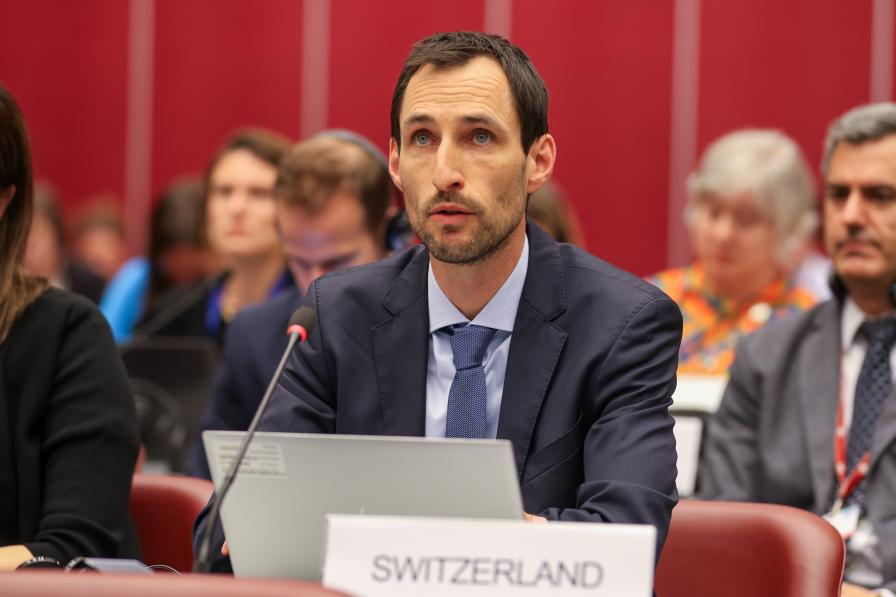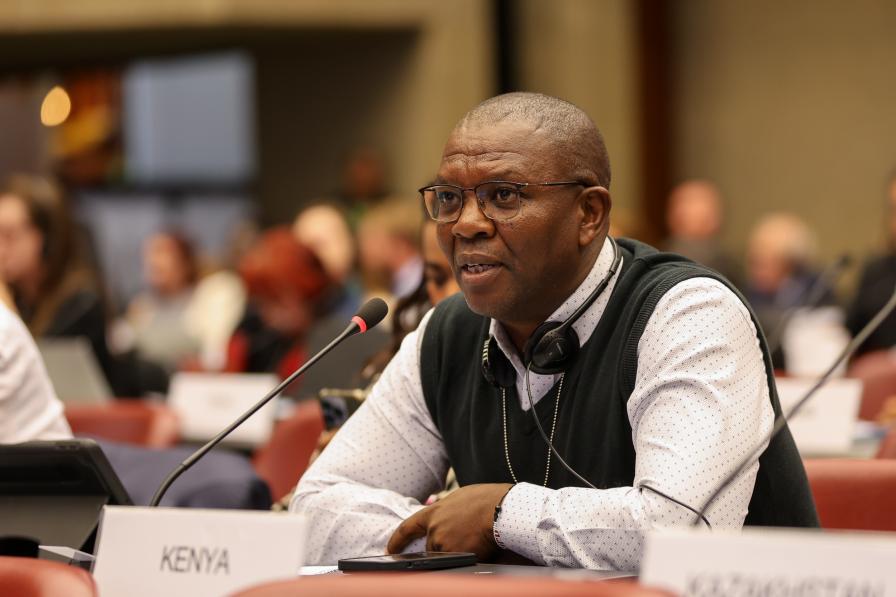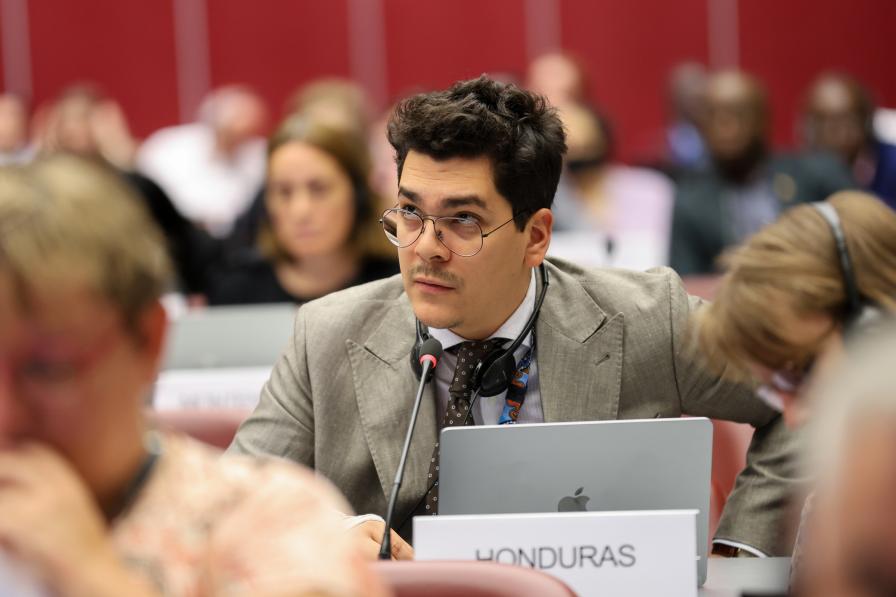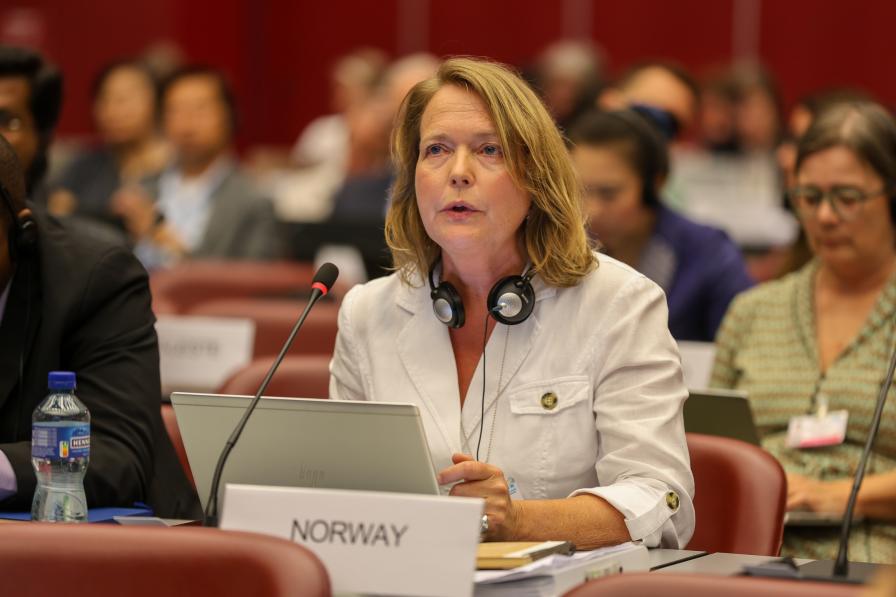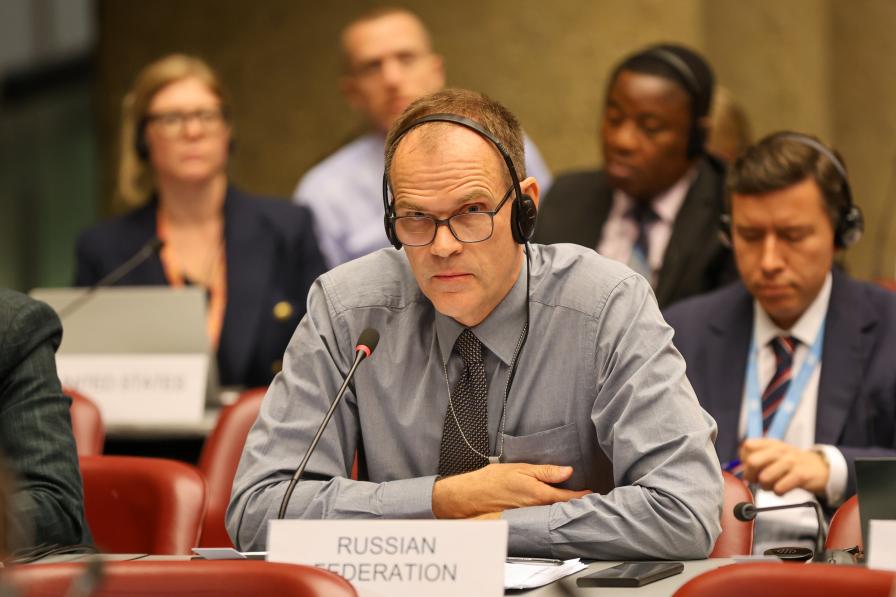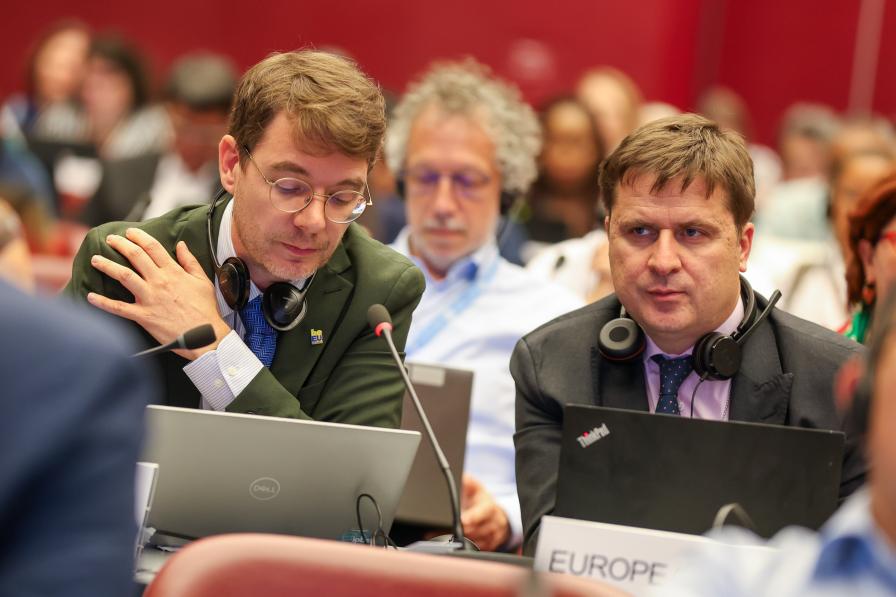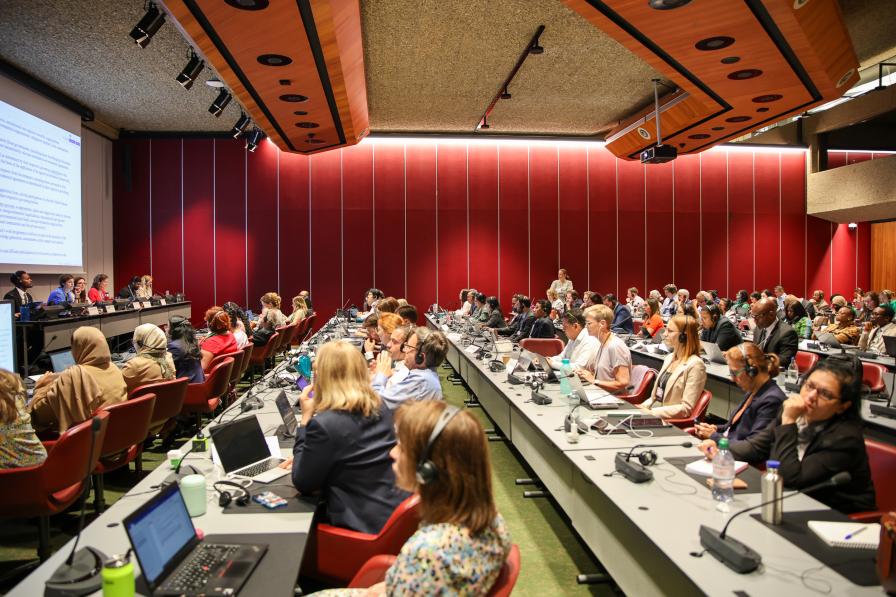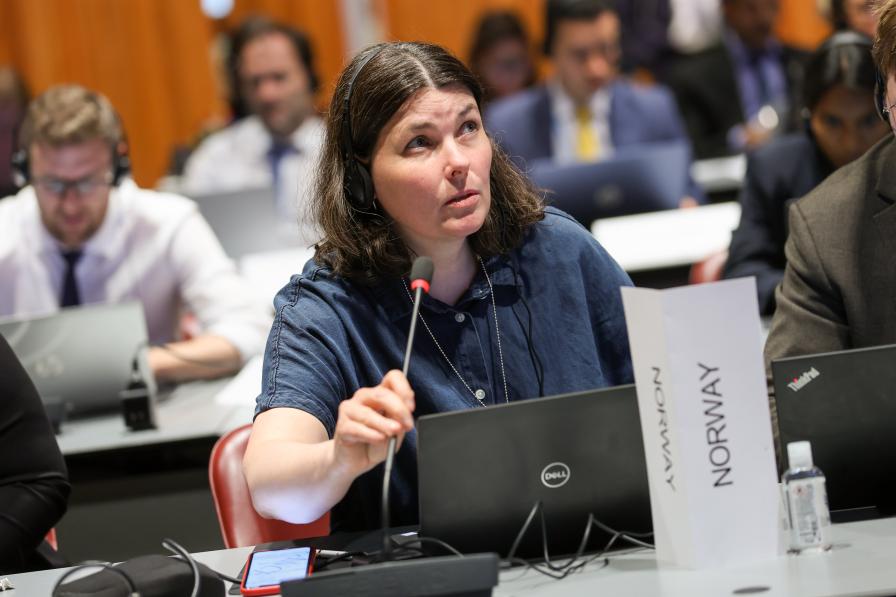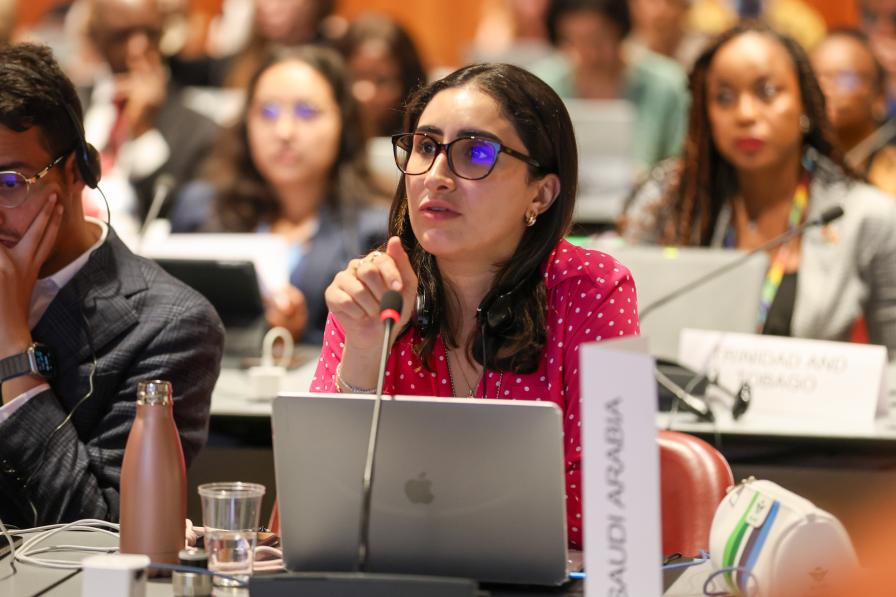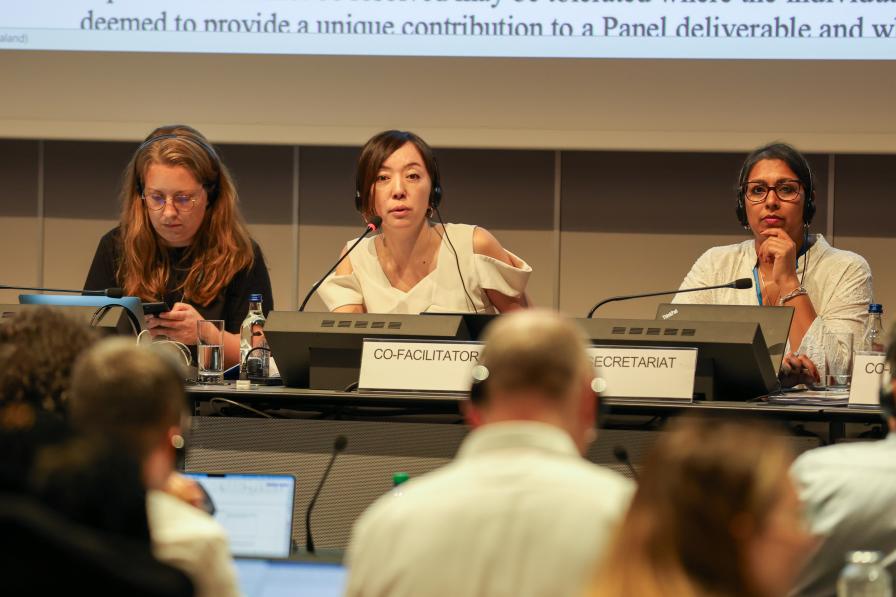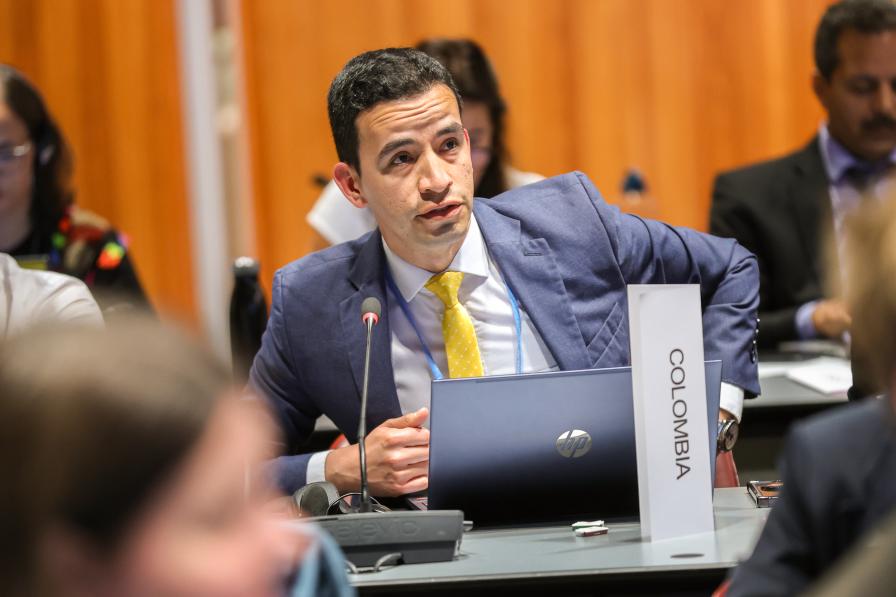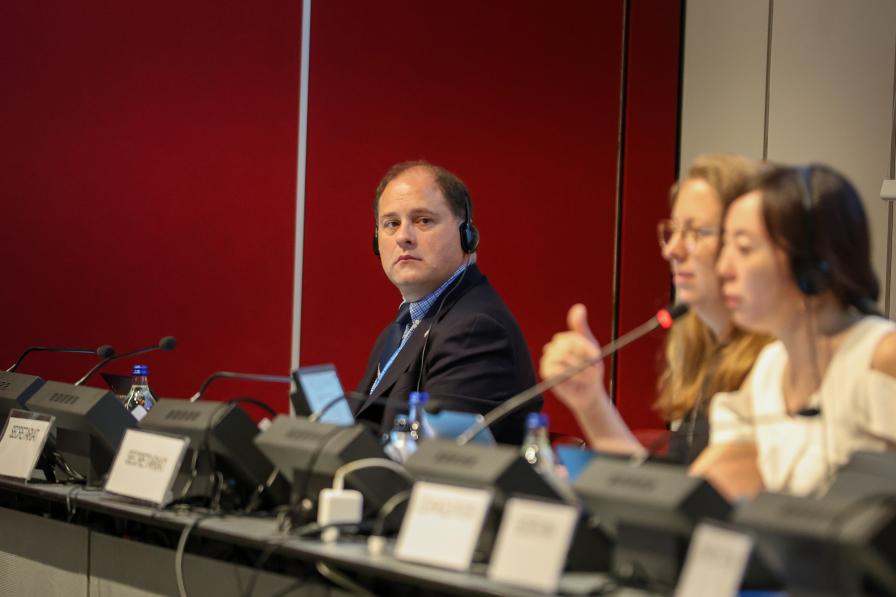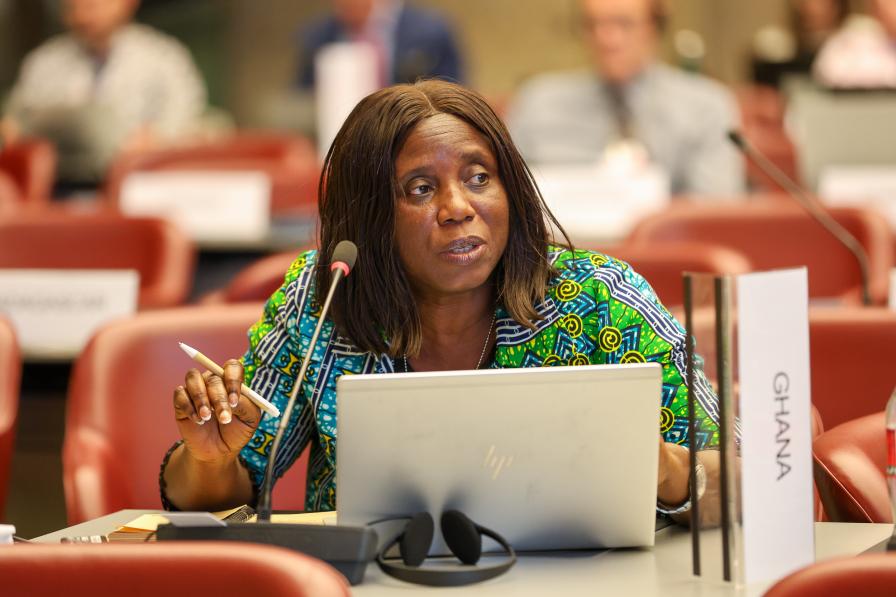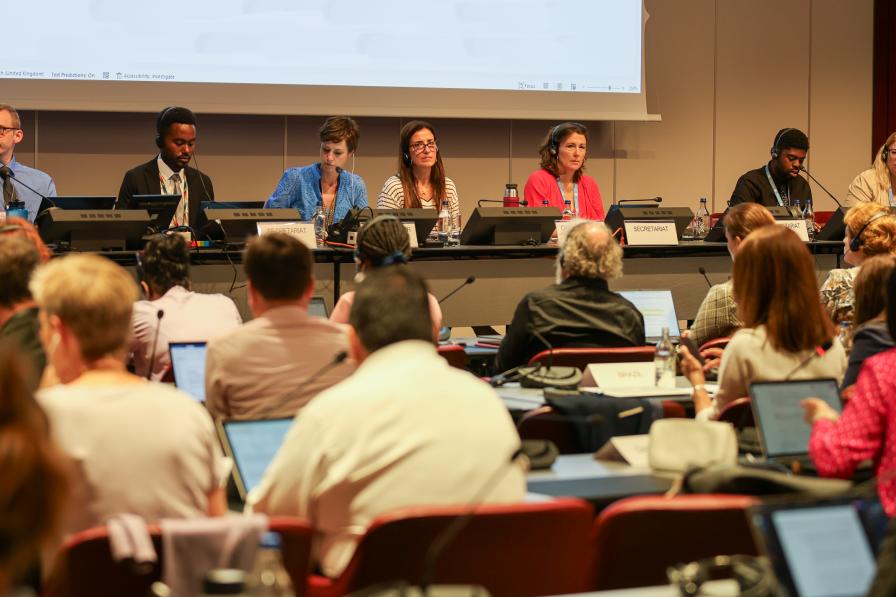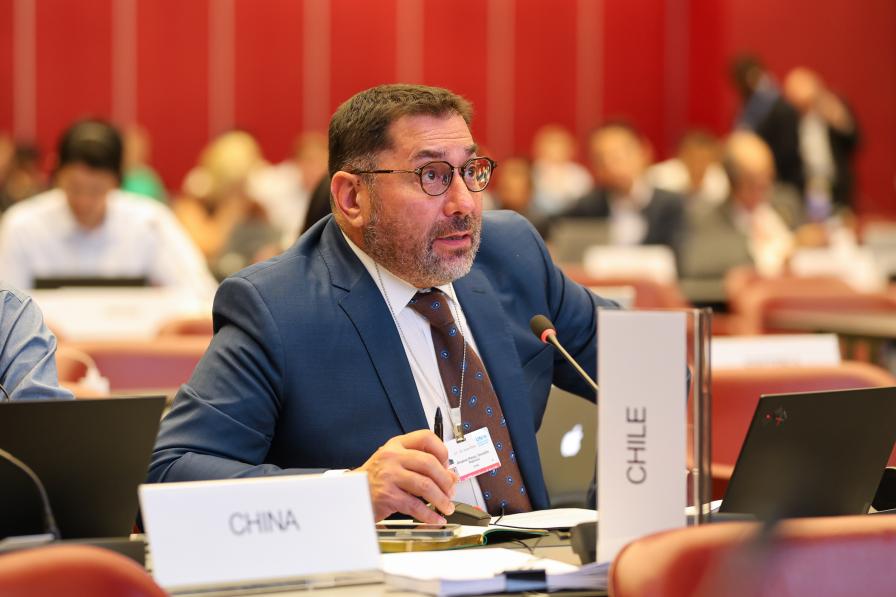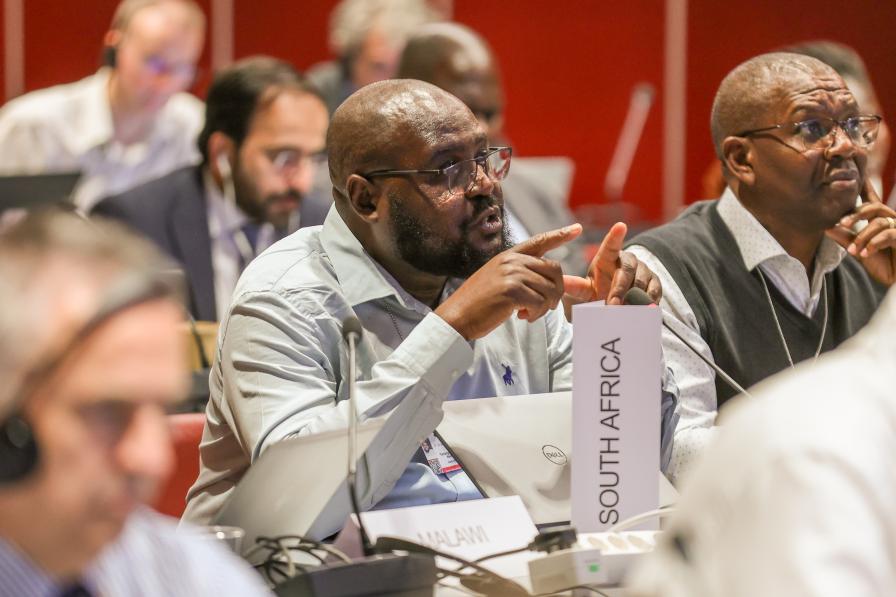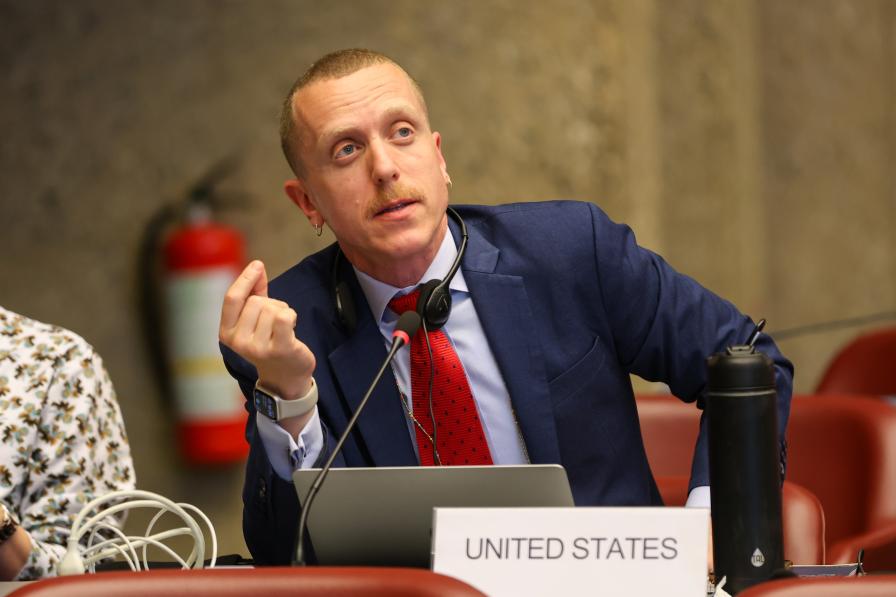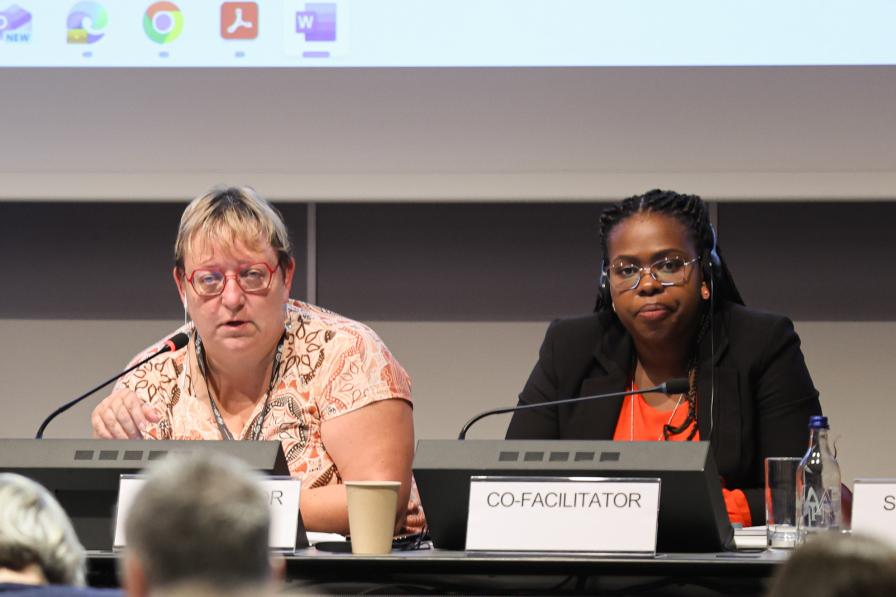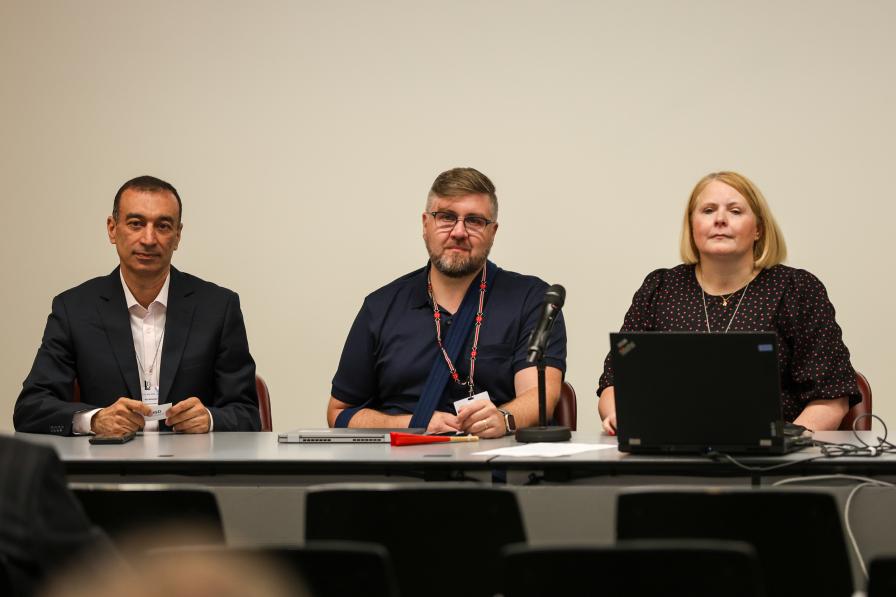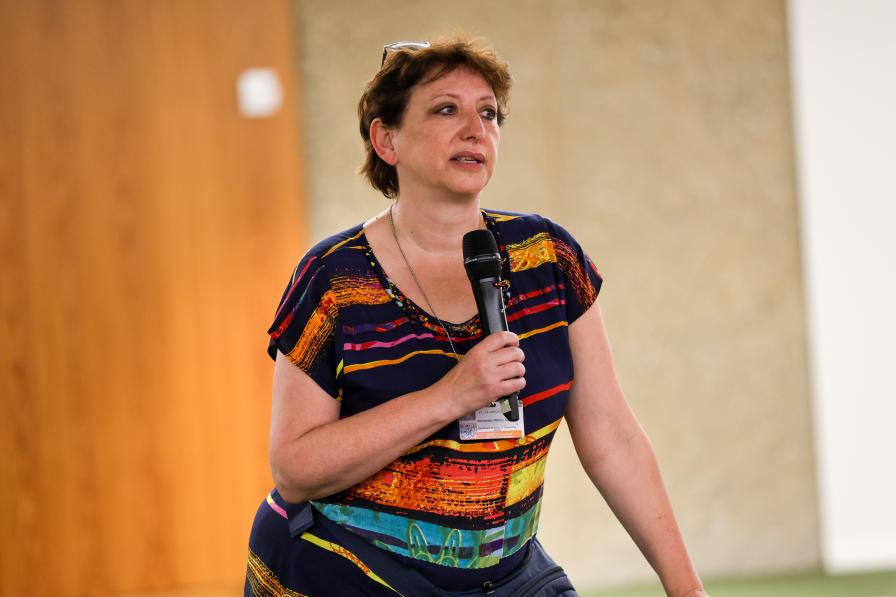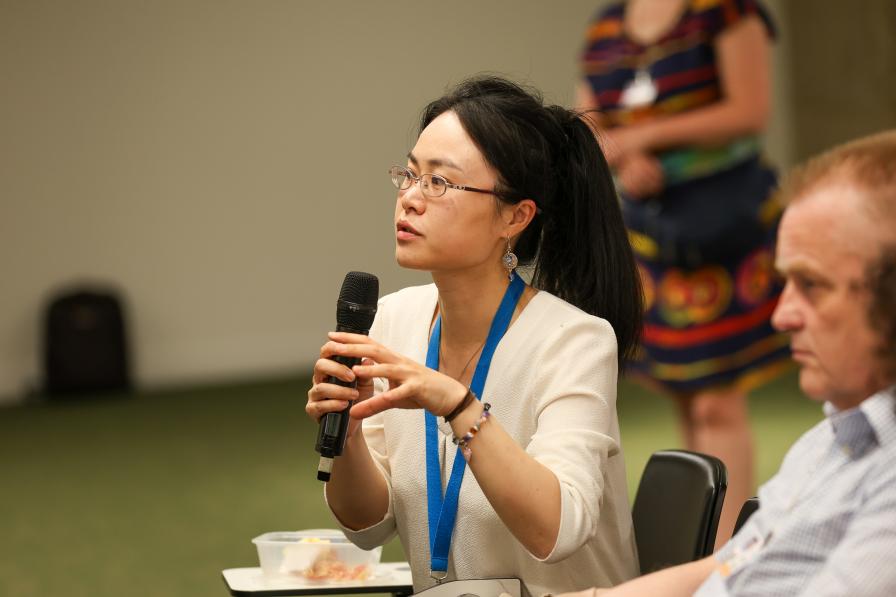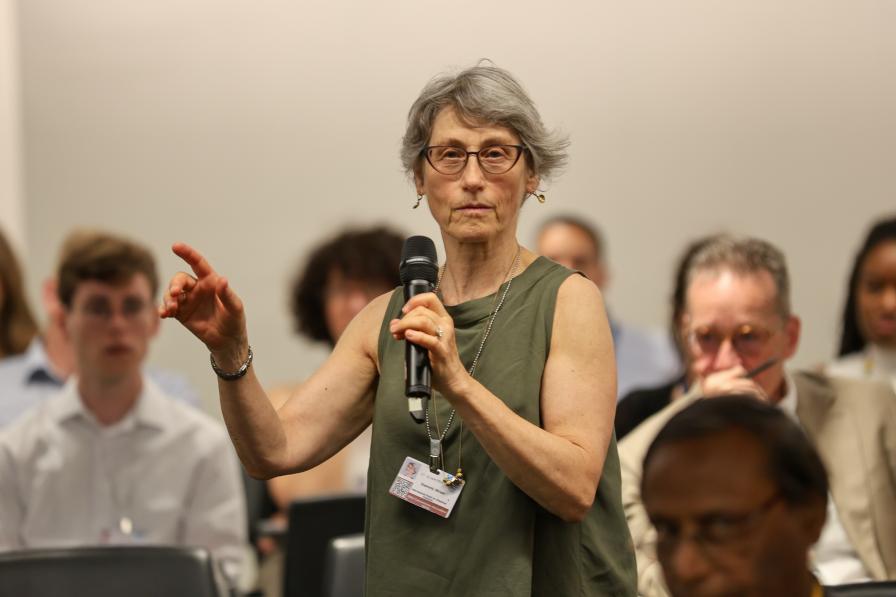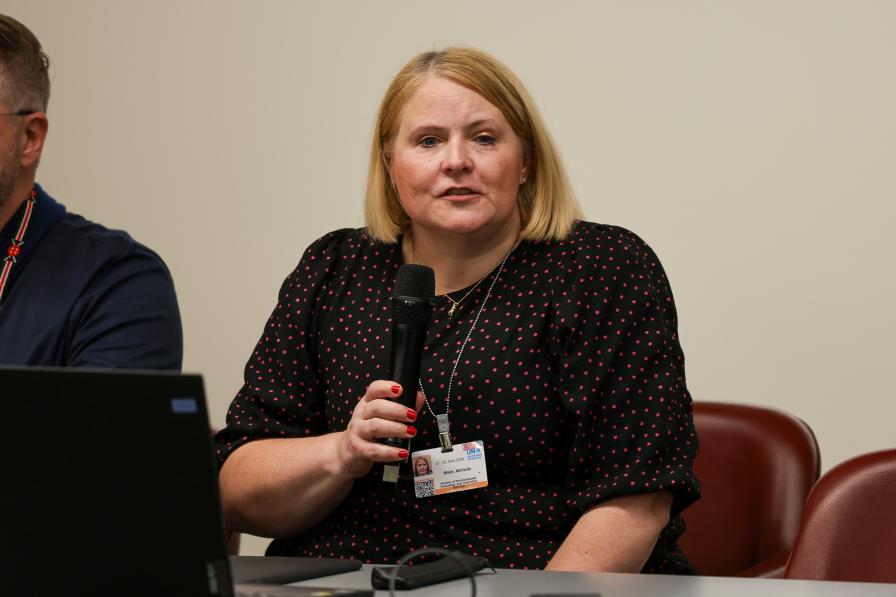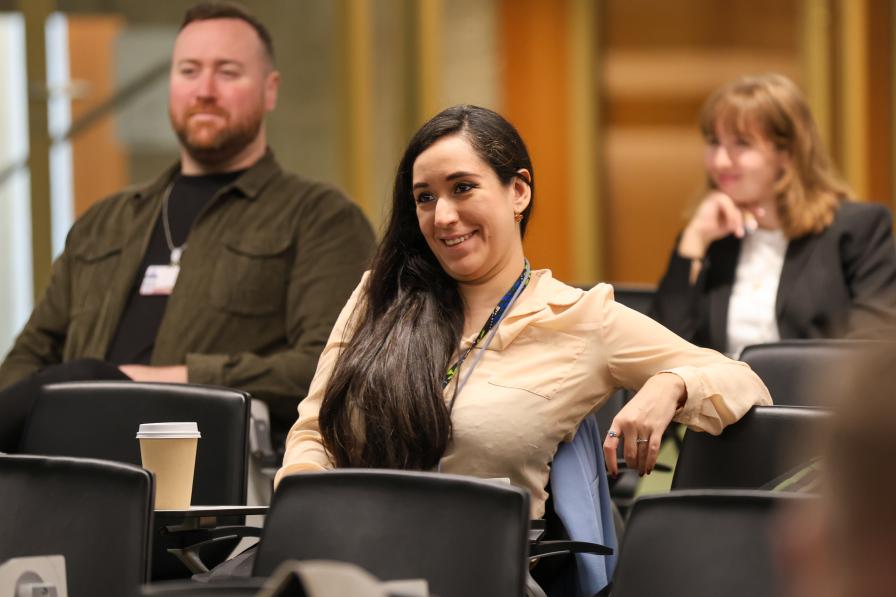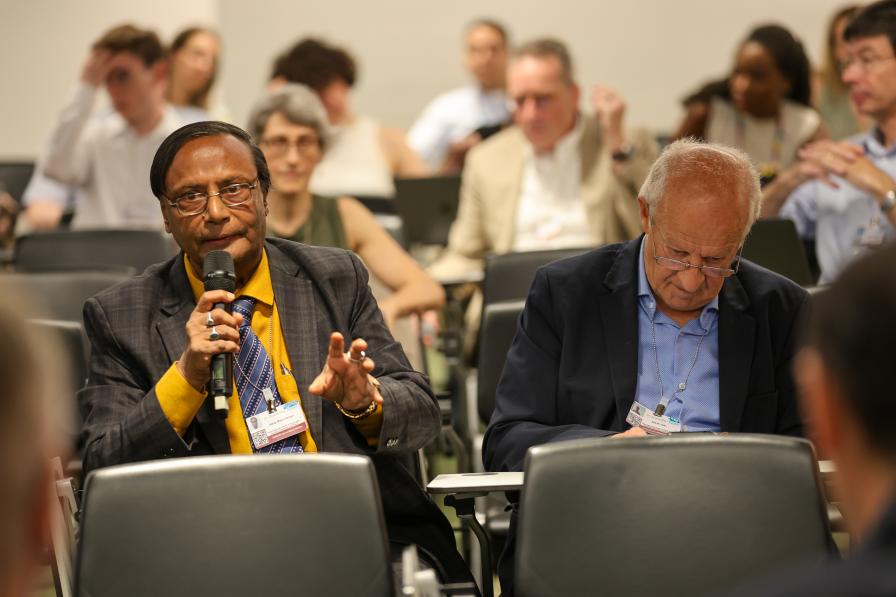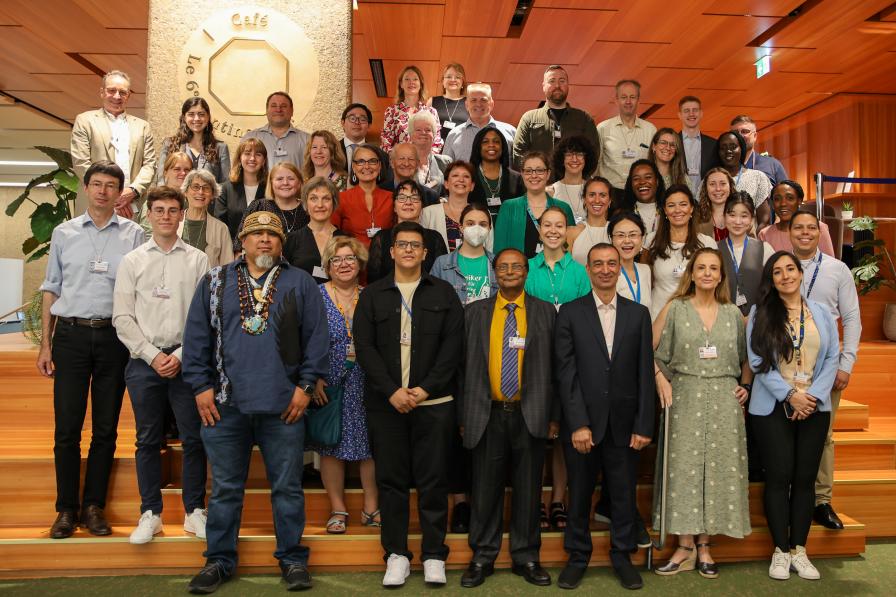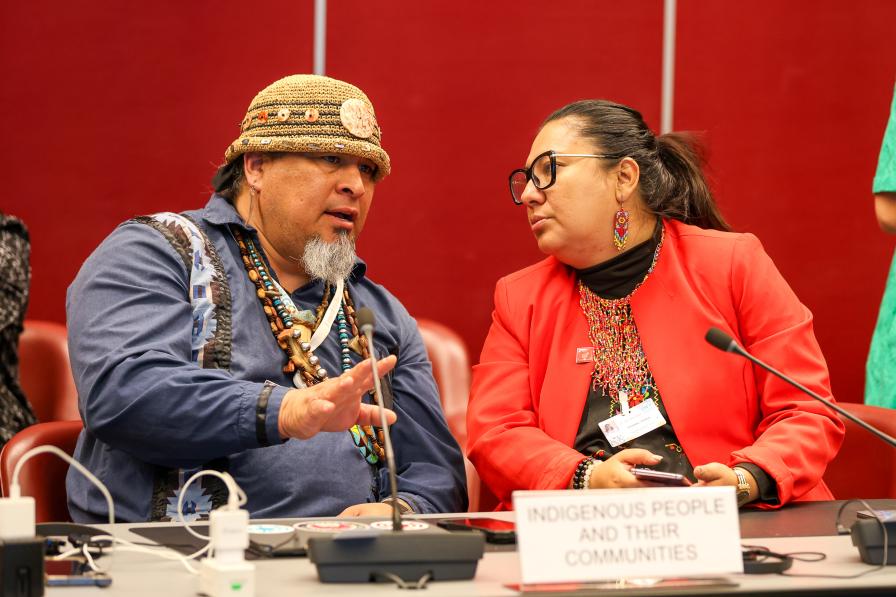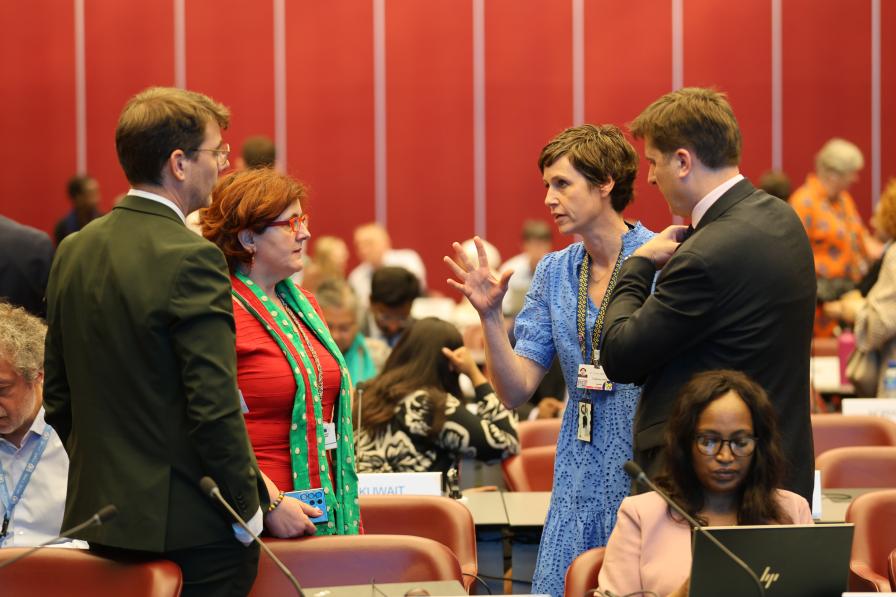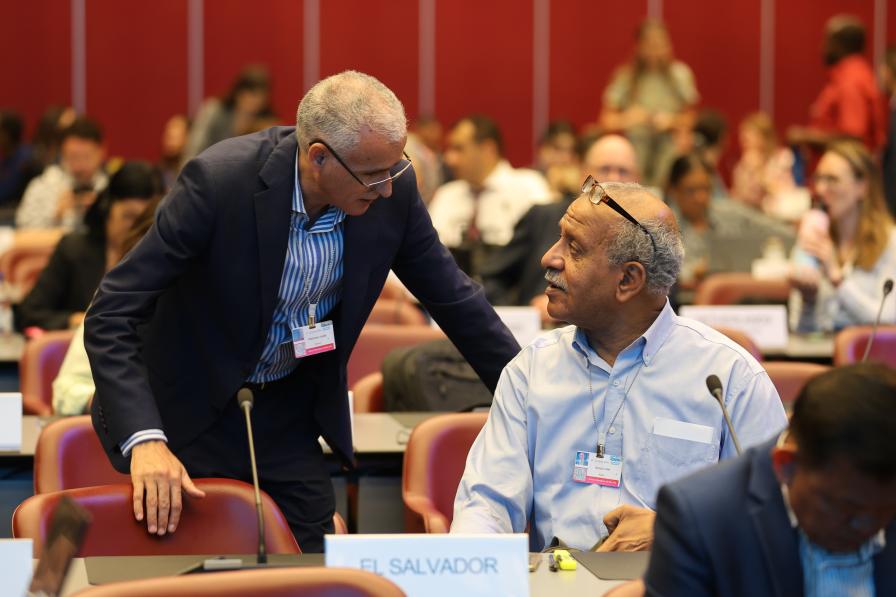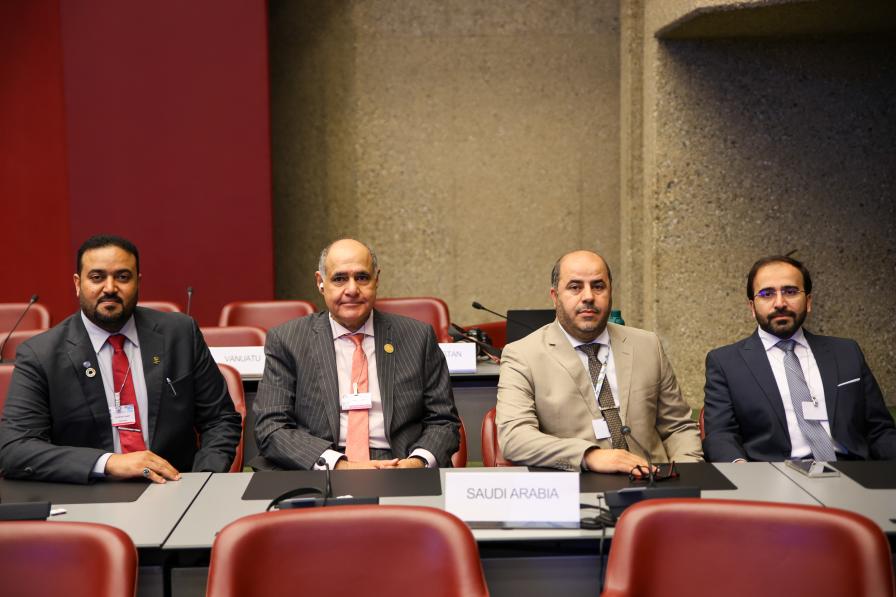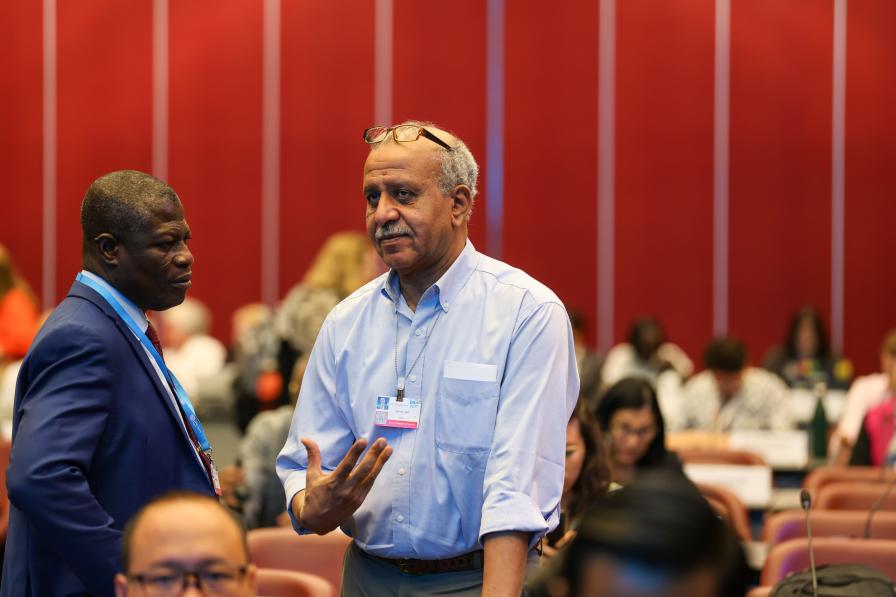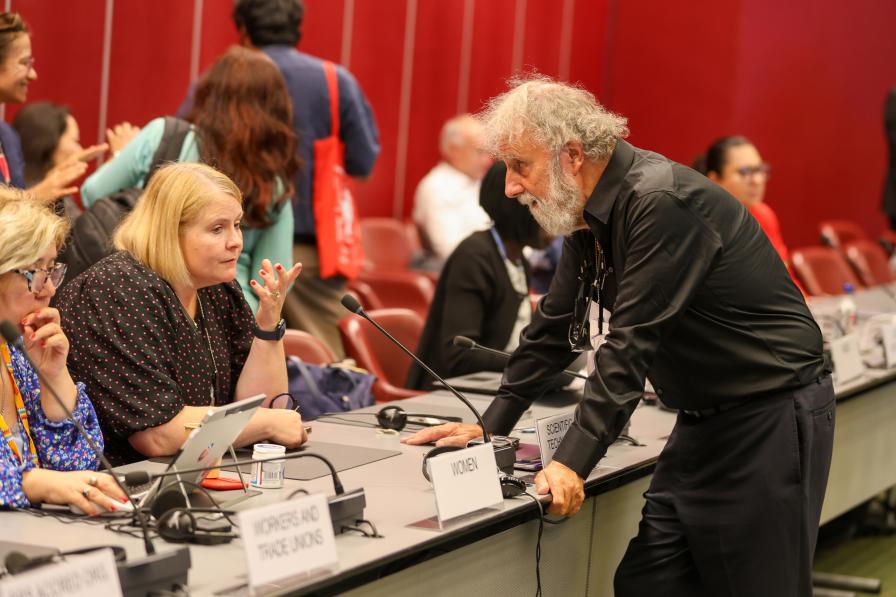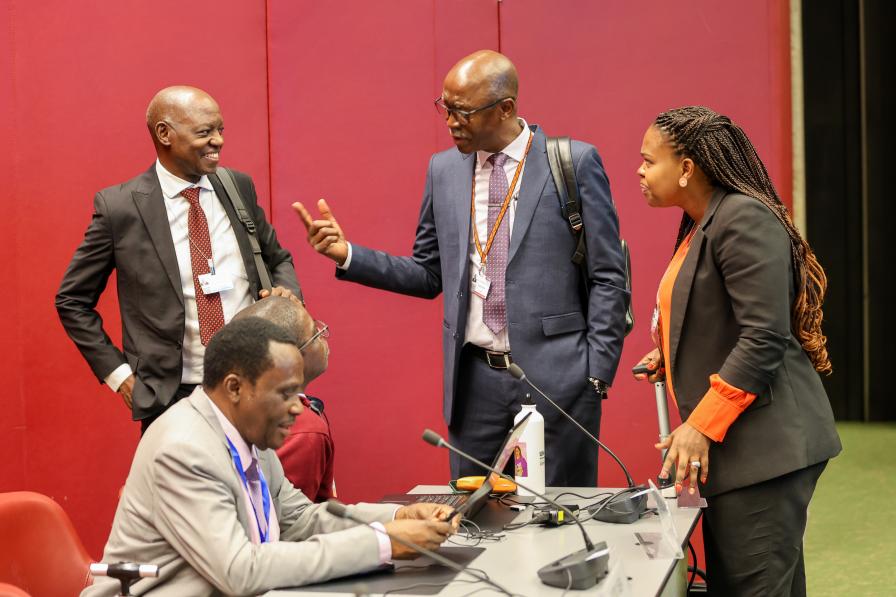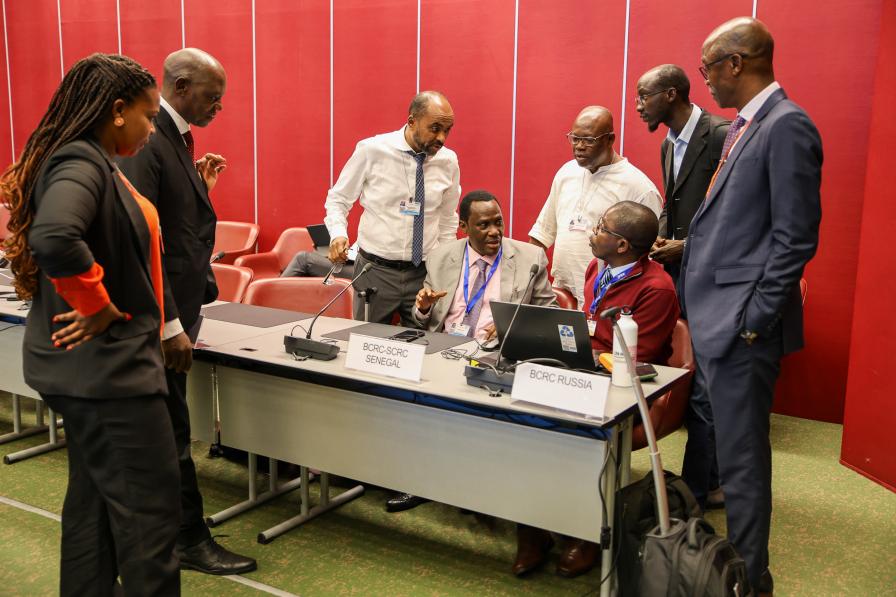The food we eat, air we breathe, water we drink, and clothes we wear are all contaminated. Chemicals and waste pollution affects our health directly and indirectly, through environmental contamination. The scientific communities working on health and the environmental impacts of chemicals and waste are still uncovering the extent and interrelationships of these risks.
Want to dig deeper into today's talks? Read the full Earth Negotiations Bulletin daily report.
Because of these health risks, several called for the World Health Organization (WHO) to take a strong role in the future science-policy panel on chemicals and waste to help prevent pollution. On Wednesday, a proposal was made available to delegates, outlining a joint secretariat for the new panel shared by the WHO and the UN Environment Programme (UNEP). While several expressed their support, one noted that ensuring smooth functioning of a joint secretariat is not an easy task. The proposal raised many questions, largely around the legal implications of the arrangement. Many delegates have experience with the processes and procedures of UNEP, so some sought clarity on the WHO’s structure.
Much of the detailed negotiations focused on the “foundational document.” This is the main deliverable due for this meeting. It sets out the main features of the new science-policy panel: its scope, objective, functions, institutional arrangements, and much more. It’s lengthy and far from completion. Many want to make sure that the rules of procedure are also finished while in Geneva, to ensure a smooth start to the panel’s work. All these discussions will shape the ambition, transformative potential, and effectiveness of the future panel to inform policy and practice with sound science to protect human health and the environment.
All ENB photos are free to use with attribution. For this event, please use: Photo by IISD/ENB | Mike Muzurakis
To receive free coverage of global environmental events delivered to your inbox, subscribe to the ENB Update newsletter.
